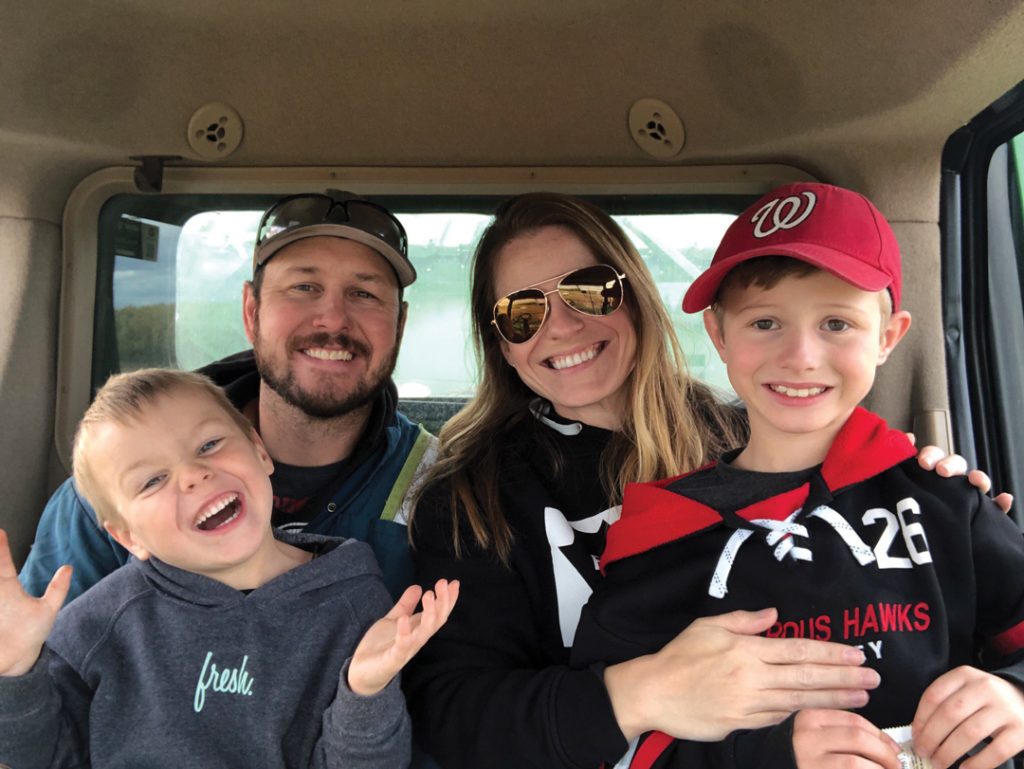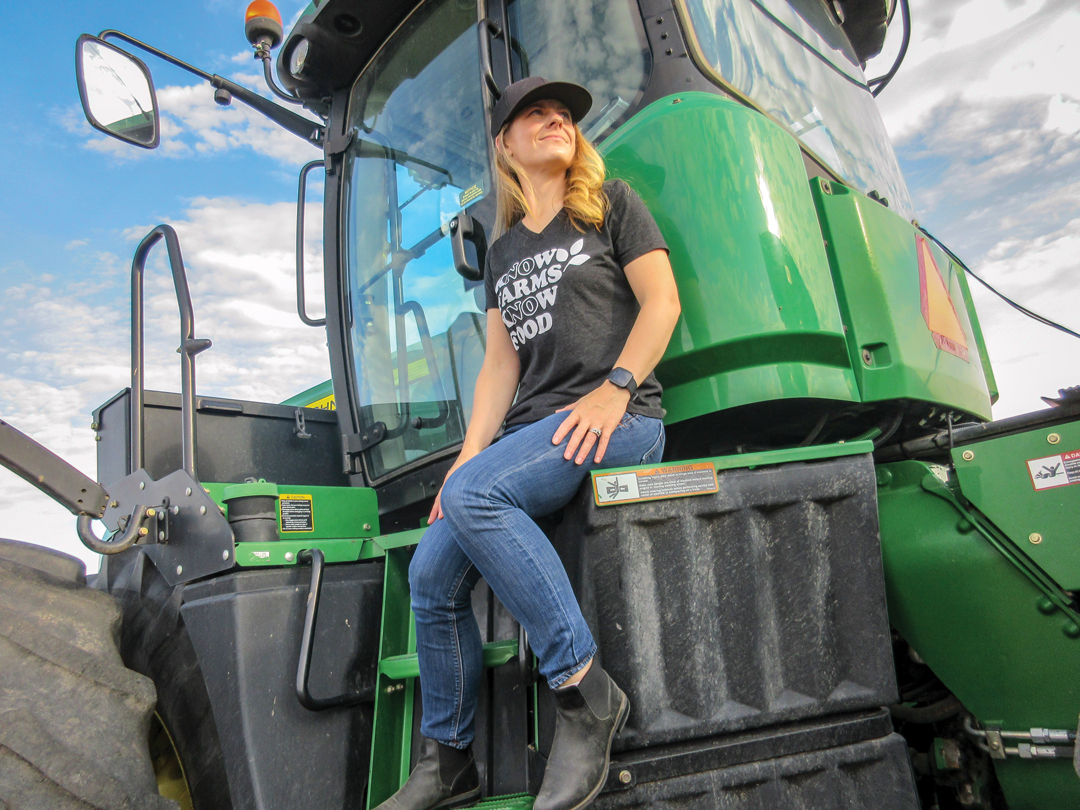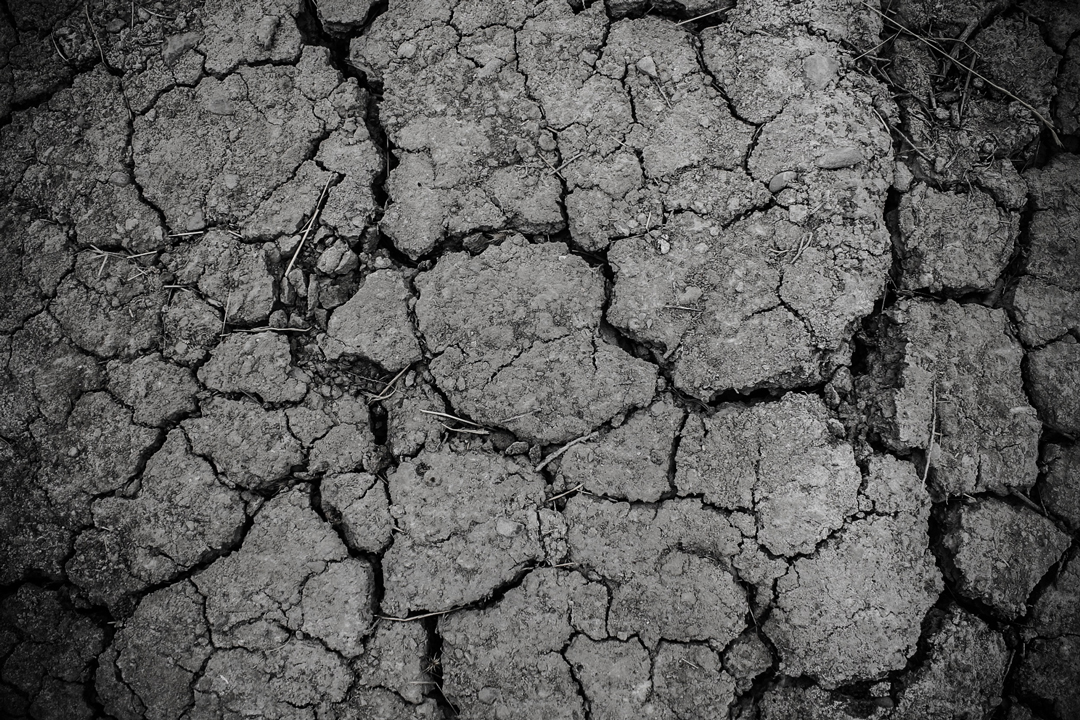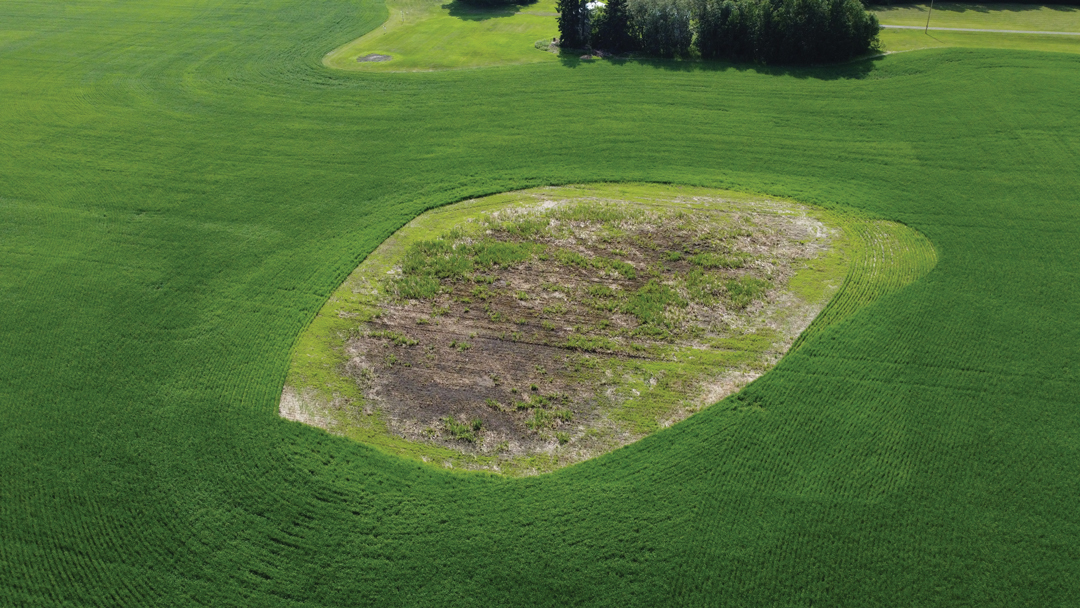HOW TO GROW CROPS AND INFLUENCE PEOPLE
BY ELLEN COTTEE • PHOTOS COURTESY OF LESLEY KELLY
A born communicator, Lesley Kelly put her conversational skills to work as an advocate for agriculture. Kelly maintains the High Heels and Canola Fields blog, which she supports with Instagram, Facebook and Twitter feeds. She also co-hosts the What the Farm Podcast with influential American farmer Rob Sharkey.
To bridge the gap between the agriculture community and the general public she discusses the reality of Canadian farm life. Sharing information, she engages in discussion and has waded into the ongoing debates about hot topics such as GMO crops and meat consumption.
Her online and social media presence has earned her the unofficial title of ag influencer, but her work to promote the interests of the farm industry goes beyond the realm of digital media. She co-created the Do More Ag Foundation, a support system for farmers in need of mental health assistance and resources. In January 2020, Kelly also took on the position of director with the Saskatchewan Wheat Development Commission (SaskWheat). While she talks ag, she also lives it. Kelly farms near Watrous, SK, with her husband Mathieu and their boys Jennings, eight, and Copeland, five.
GrainsWest: Growing up on a farm, did you imagine your life would continue to be farm-focused?
Lesley Kelly: I helped out on the farm growing up, but my passions were competitive sports—softball and curling. My aspiration was to live in the city. I went to the University of Saskatchewan to get my degree in commerce and later an accelerated accounting diploma from the Northern Alberta Institute of Technology in Edmonton. I was ready to do big things, but when I got to the city, that’s when I realized how much I missed my farming roots in my small town community. I didn’t think I would work in agriculture either. At the time, I thought if I wanted to do agriculture I would have to be on the farm or [become an] an agronomist. I had a limited view, unfortunately.
GW: What brought you back to agriculture?
LK: My marketing experience has a lot to do with agriculture.
After university, I worked for Cargill. After I met my husband and we moved to Alberta, he was working in the oil field and I worked in finance because we wanted to make our own way. We knew if we wanted a family, we wanted to be in a small town and back in Saskatchewan. It worked out that my parents had space for a third family on the farm. Now we farm with my parents and my brother’s family, primarily grains, lentils and, of course, canola.
GW: How did you become an influencer in the ag community?
LK: I always get a funny feeling being called an influencer because I never had aspirations of that. I think we’re all influencers in our own way. For me, though, it started when I was living in Alberta and working full time. I created a snack food company, Martin Munchies, created from barley grown on the family farm. I was selling it online and at farmers’ markets and realized a lot of people didn’t know the first thing about agriculture or farm life. It was when I was pregnant, selling the snacks, and a woman came up to me and asked if we use pesticides or chemicals on our farm. I said yes and explained why but she didn’t want to listen. She called me a bad mom and that made quite an impact on me
That was when I thought there’s something more here. People are so disconnected and they have so many questions. What was really concerning to me is how some people didn’t even want to have a dialogue about it. I thought, if I were to create something using my marketing skills and ag background, could I help make a difference? That’s where High Heels and Canola Fields started.
GW: Whether you intended it or not, you are an influencer people pay attention to. How do you decide what to share and how to deal with the negative feedback that can come with being a public figure?
LK: When I started to blog and a few of those posts went viral, there’s so much pressure and you’re in the spotlight. I’ve received aggressive comments and backlash when I’ve spoken up about hot topics like climate change and supporting animal agriculture. This has come mainly from outside of the industry. I’ve had to unpublish my Facebook page for a day because of all the negative comments and even threats. I have also received some backlash within agriculture when talking also about taboo topics like mental health and being a woman in agriculture and facing sexism.
It’s been a huge learning experience and growth opportunity for me, and all I’ve ever wanted was for it to be good for agriculture. I want to be inclusive, connect people and share perspectives. I also want to share the fun moments and make people smile and I know that helps.
What I’ve learned is I can’t claim to be an expert. I’m more interested in sharing a new perspective. I always follow my gut. If it’s a conversation people are having behind closed doors, it’s worth bringing it up.

GW: You also used your platform to help launch the Do More Ag initiative in support of farmer mental health. What spurred that on?
LK: My husband and our family went through some really hard times and we learned people are often living in silence when it comes to mental health. We really felt by sharing our story we could hopefully help people with their mental health. We didn’t know how much of an impact it would have. We shared our stories and started a conversation on mental health just saying, ‘hey, it’s OK to not be OK,’ and ‘you’re not alone.’ When our family tried to find resources we found it was difficult and you had to keep digging. Being in a rural community, it can be more difficult. We wanted to help producers with resources and connections.
GW: Why did you decide to run for the role of SaskWheat director?
LK: I always thought by being involved on the board of an agriculture association, I could learn what goes on behind the scenes of advocating for agriculture, as well as policy and research initiatives.
It wasn’t until Alanna Koch [chair of the Global Institute for Food Security] called me up one night and told me, ‘I really think you have a very unique portfolio that agriculture could use.’ I was concerned about not having a degree in ag. While I help out on the farm in busy seasons, I’m not involved in the day-to-day farming. I’m more in the office. Getting her perspective that boards are really great when they’re diverse in gender, backgrounds and experiences helped me realize I can really help out SaskWheat.
GW: You have your blog, podcast and social media activity, you work on the farm, you work with the Do More Agriculture Foundation and the SaskWheat board and you’re a parent. How do you do it?
LK: I’ve learned the hard way you have to set boundaries and know you can’t do it all at once. Some days are going to be just about the farm and I don’t even look at my email. Other days are just about the family. I’m focusing on the things I’m passionate about and I’m lucky enough to have an immense support team through family, friends and the ag community. I wouldn’t be able to do what I do without them.








Comments